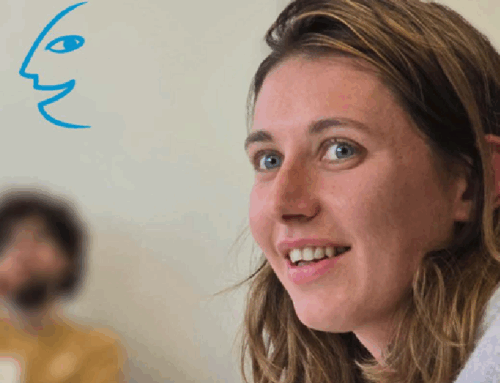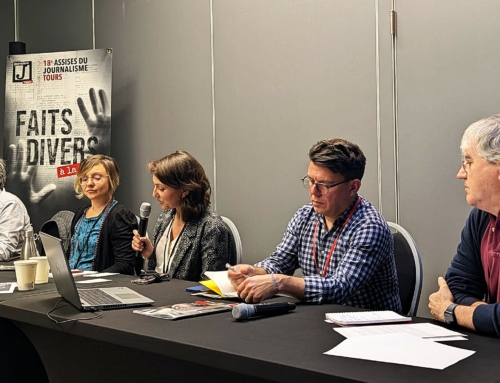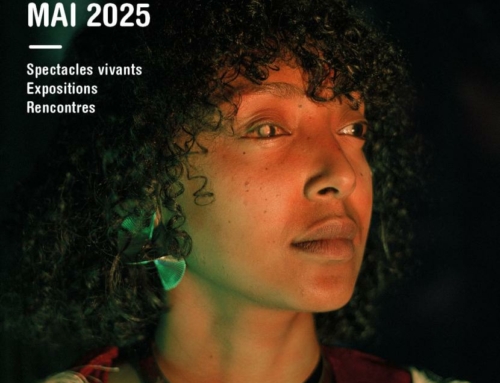Par Francesca Barca
Le journalisme, un métier de privilégiés ?
Y a-t-il un problème de classe dans le journalisme ? Cette question, provocatrice et rhétorique, repose cependant bien sur une réalité sociale : l’accès à la profession implique de nombreuses années de précarité, de travail mal rémunéré et de sacrifices que (presque) seuls celles et ceux qui possèdent le capital nécessaire – culturel, économique et social – peuvent se permettre.
L’accès au métier : comment devient-on journaliste ?
On dit que celles et ceux qui se lancent dans le journalisme doivent être prêts à prendre des risques : passer du temps à faire des recherches pour proposer des sujets et des angles qui intéressent les rédactions, qui sont pertinents et originaux, voire prendre en charge les frais d’un reportage sans avoir la certitude de le “placer”. “On entend dire qu’au début, il est bon de passer par de la pige, de prendre des risques, etc. Mais si prendre des risques quand on en a les moyens est facile, le faire quand on ne sait pas comment payer son loyer n’est pas seulement compliqué, c’est impossible. Il est inconcevable de penser finir peut-être à la rue pour faire son travail”. C’est Sarah Ichou, directrice du Bondy Blog, un média indépendant français né à la suite des émeutes des banlieues françaises en 2005, précisément pour représenter les “quartiers populaires” et la voix des personnes qui y vivent, qui s’exprime ainsi.
Une solution pour la diversité dans les médias
En 2009, le Bondy Blog a créé la “Prépa égalité des chances”, en collaboration avec l’Ecole supérieure de journalisme de Lille (ESJ Lille), l’une des écoles les plus prestigieuses du pays. Cette formation “égalité des chances” est gratuite et ouverte aux jeunes issus de familles à faibles revenus : “Même si les chiffres relatifs à la réussite sont très positifs, cela ne signifie pas que le problème est résolu : l’intégration dans les rédactions reste très compliquée. Et une fois qu’on a acquis une certaine expérience, l’accès à certains postes à responsabilité reste très, très, très compliqué”, explique Ichou.
En France, une autre association s’occupe depuis 2007 de former des jeunes qui ont moins de chances d’accéder à ces écoles. Chaque année, grâce à environ 350 journalistes professionnels bénévoles, La Chance prépare environ 80 boursiers aux concours des écoles de journalisme de Bordeaux, Paris, Marseille, Toulouse, Strasbourg, Grenoble et Rennes. “Le concours est une étape obligatoire pour les aspirants journalistes qui souhaitent entrer dans une école. Le problème est que tous les jeunes n’ont pas les mêmes chances de le réussir. La durée et le coût des études découragent les plus modestes”, explique Baptiste Giraud, qui s’occupe de l’insertion des étudiants au bureau de Paris.
Vous pouvez retrouver la suite de notre contribution à cette article ici : https://voxeurop.eu/fr/journalisme-metier-privilegies-precarite/







